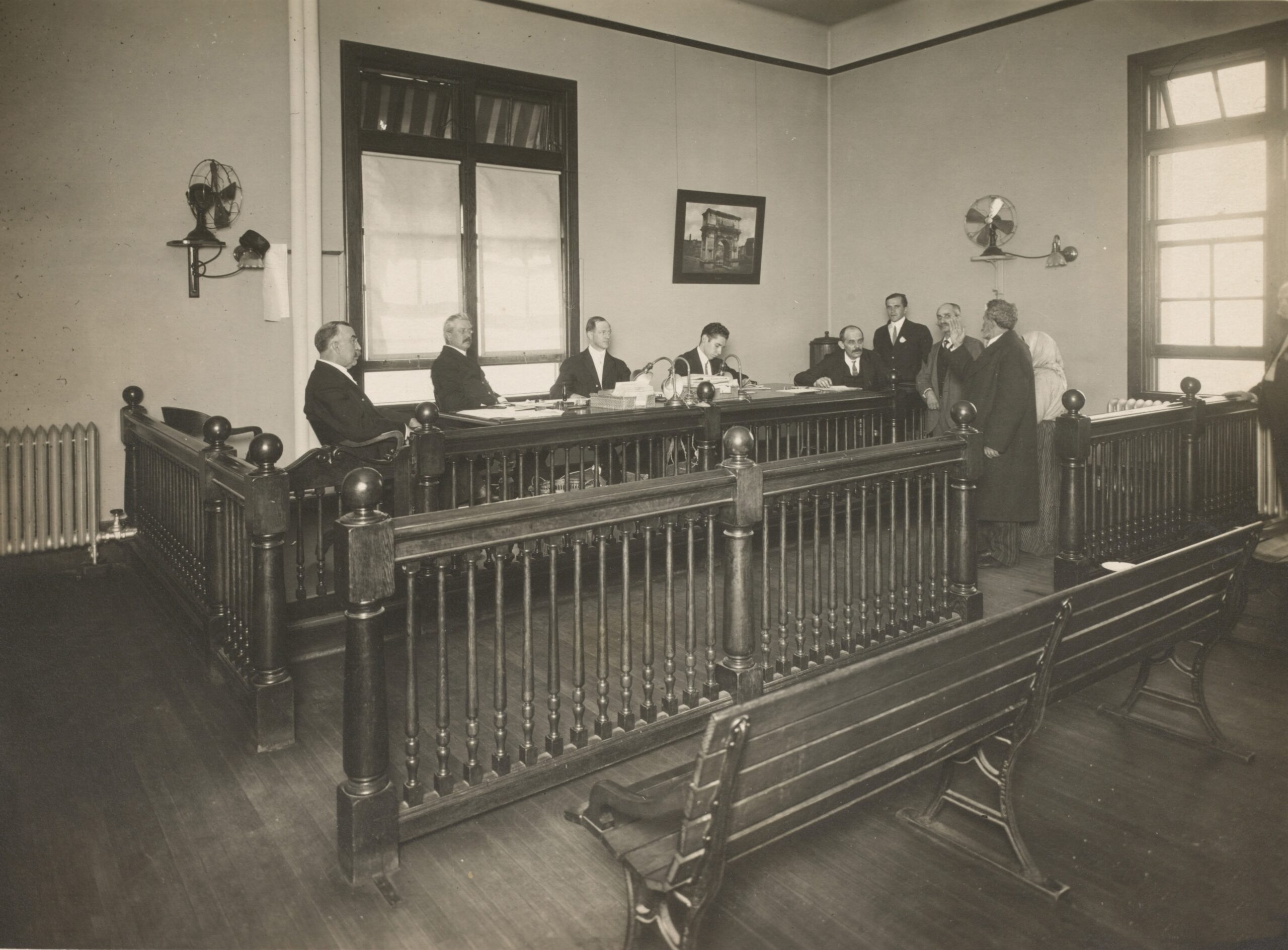On October 25, 2010, in People v. Graves, the California Court of Appeal reversed the trial court’s dismissal of appellant’s case even though, on the day of trial, the prosecution requested to trail beyond the statutory deadline without good cause.
On December 23, 2004, appellant Michael Graves was charged with misdemeanor battery against his wife and his mother-in-law. He did not show up to his original arraignment date and a bench warrant was issued; he was finally arraigned on June 30, 2008 while in custody and pled not guilty.
Trial was set for July 28, 2008. Under Penal Code section 1382(a)(3), a person in custody accused of a misdemeanor must be brought to trial 30 days after his arraignment or plea or the person’s case will be dismissed. July 28 was 28 days after Graves’ arraignment and plea.
Graves’ wife and mother-in-law considered the incident giving rise to the complaint a misunderstanding and did not wish to cooperate with the prosecution. On the record and at the request of the prosecution, the trial court ordered the wife and mother-in-law back to court on July 28, but the prosecution apparently failed to serve them with subpoena notices.
On July 28, the defense stated that it was ready for trial. The prosecution asked to trail the case-meaning to place the case at the end of the court calendar that day-because the complaining witnesses had not shown up and the statutory period within which a misdemeanor defendant must be brought to trial had not elapsed. The trial court refused to trail because the prosecution could not show proof that the subpoenas were served and, therefore, no good cause existed to trail. The court deemed the prosecution ready for trial.
Under Penal Code section 1050(a) and (e), in order to reduce case congestion in superior court, a continuance-or an agreement to reschedule a court date to a later date-in a criminal proceeding must be justified by good cause. However, failure to show good cause does not mandate dismissal of the criminal proceeding against the defendant. (P.C. section 1050(k)(1).)
After the court refused another request to trail, the prosecutor asked that the court dismiss the case on its own motion. The court refused the prosecutor’s request and denied the appellant’s motion to dismiss.
During voir dire, the prosecution announced that it would not participate in the trial proceeding. A jury was sworn and impaneled, but the prosecutor refused to give an opening statement and reiterated to the court his desire not participate.
During the defense’s opening statement, the defense attorney informed the jury that the prosecution had presented no evidence that appellant had committed the charged crime. At sidebar, the prosecutor again requested to trail the case and was again denied. Defense counsel moved for an entry of judgment of acquittal. The prosecution declined to be heard on the motion and appellant’s motion for entry of judgment of acquittal was granted.
The prosecution appealed to the appellate division of the superior court. The appellate division acknowledged that the statutory period had not elapsed at the time of trial and that a judge in open court had requested the alleged victims’ presence at trial, but appellant had been acquitted after a jury had been sworn and impaneled. Thus, the appellate division held that he could not be tried again because of the constitutional bar against double jeopardy.
The court of appeal reversed. The appellate court cited federal and state cases supporting the rule that jeopardy does not attach unless defendant had an actual risk of being convicted, even if judgment had been entered after a jury had been impaneled and sworn. The court of appeal stated that courts do not reflexively apply double jeopardy rules: they may look to whether a trier of fact had honestly and actually considered the factual elements of the case in analyzing whether prosecution is barred because of double jeopardy.
The court of appeal characterized the trial proceeding against appellant as a sham trial and concluded that jeopardy did not attach because there was no chance for Graves to be convicted under the circumstances at his trial.
Next, the court of appeal recognized the tension between the statutory deadlines in Penal Code section 1382 and the granting of continuances governed by Penal Code section 1050. However, the court of appeal cited analogous California cases supporting the rule that the trial court cannot dismiss a case if the 10 day grace period under Penal Code section 1382 deadlines has not elapsed, even if the prosecution did not show good cause.
Penal Code section 1050 states that continuances in criminal prosecutions will only be granted upon a showing of good cause, but the statute clearly states that a violation of section 1050 does not mandate dismissal.
The court of appeal remanded to the trial court so that the misdemeanor complaint could be reinstated.
If you or someone you know has been accused of a crime, you will need a skilled Southern California criminal defense lawyer who will vigorously defend you and who knows your statutory and constitutional rights. At Wallin & Klarich, we have helped people accused of crimes for over 30 years. Call us today at (888) 280-6839 or visit us at our website at www.wklaw.com. We will be there when you call.



